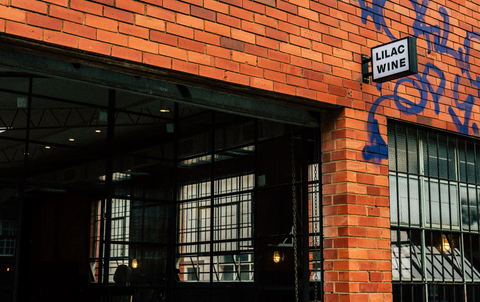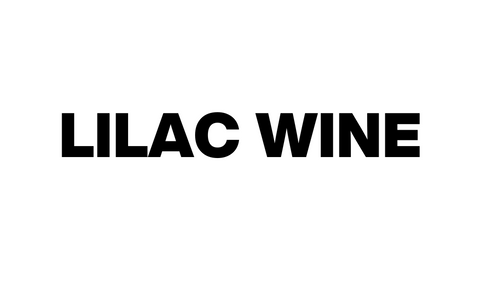Here is a maxim that deserves more attention: most people are trying to do the right thing most of the time. When the ‘right thing’ is just too costly or difficult, only then will people revert to the path of least resistance.
This same principle applies to sustainability. The overwhelming majority of people want to make ethical, responsible choices. But when the cost becomes too great? We wince, take the easiest option, and do our best not to think about it too hard. Sustainability can be hard work.
Kyle Nicol, head chef at Lilac Wine in Melbourne would disagree. “It hasn’t been that hard,” he explains. Lilac Wine always has at least two to three seafood dishes on its menu at any one time, and is the first mention on Urbanlist’s list of top wine bars in Melbourne: “It should feel like visiting grandma’s house and you’re just being looked after,’ says Kyle “Like you’ve just got a big warm comforting hug”. But perhaps most notable is the commitment to sustainability. “You need to plan and be a bit smarter,” he says. “But there are so many reasons why it is worthwhile.”

1 - It isn’t any more expensive
In a cost of living crisis, you could be forgiven for tightening the purse strings where possible. Most people would assume that this would put a dampener on all things sustainable, but Kyle’s experience suggests that this might not be the case. “It was the same price or cheaper than going through the wholesalers,” he says. “Some people just have a false sense of loyalty to a wholesaler who doesn't even look after them.”
2 - You get a better product
As a chef who takes his craft seriously, quality of the produce was always central for Kyle. And it was actually this core value which drove him to choose sustainable fisheries. “When it comes to seafood, sourcing the most ethical fish is also the best product.” Kyle works with Luke Anedda from CIFHA and the two share a phone call every week to discuss what has been caught. Consistently, the quality of the seafood is second to none. “It’s the best fish I’ve ever had,” Kyle says. “Species vary, but that’s how the world works. You should vary your menu around the seasons. Anything else is a bit artificial.”
3 - You’ve got a story to tell your customers
As a society, Australia has become more attuned to the social responsibility of the business sector. According to recent research carried out by Toluna, 76% of Australians would prefer to support businesses that share their values. Many restaurateurs find that the cost of shifting to sustainable practices can be offset by the people who are keen to support these kinds of businesses. “Being sustainable does give you a story to tell your customers,” explains Kyle. “You can genuinely say that you are supporting regional communities who are fishing and sourcing in the right ways.”
4 - You can sleep better at night
When considering whether to make the shift to seafood sustainability, Kyle’s primary motivation was to preserve the future of seafood and the industry. “It lets me sleep easy at night knowing I’m supporting people doing the right things, sourcing and fishing ethically,” he says. “It’s a chef’s obligation to support these initiatives. It has to be, or there’s nothing for the future.”
For Kyle, chefs are the problem: They oversee most of the seafood orders in Australia, and indirectly, they set the tone for what the consumer buys when they cook fish at home. But he is at pains to stress that chefs are also the solution. “We just need more people to stand up and make a change. And honestly, it hasn’t even been that hard…”
OneFishTwoFish is proud to partner with Kyle and Lilac Wine. If you ever find yourself around Cremorne with the urge to whet your whistle, come on down. And take it from us, try the fish. It’s good in every possible way.


